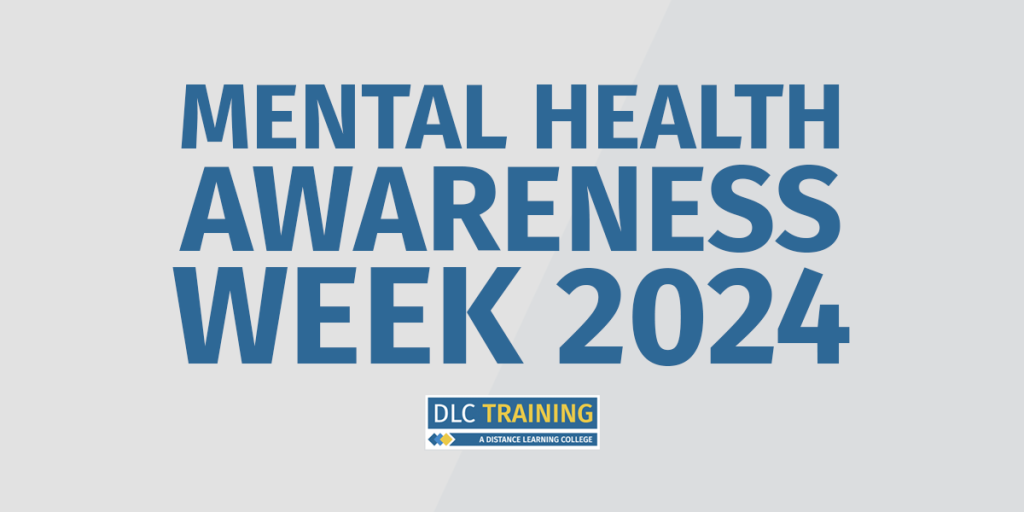Mental Health Awareness Week (May 13th-May 19th) takes place each year, and during this time it’s encouraged that we tackle stigma around mental health and gain a better understanding of how to improve our own mental health and support those around us.

As Google searches for “should I tell work about my mental health?” have increased by 100% in the last 12 months, it shows the importance of businesses learning from their staff about how they can ensure they feel fully supported when facing issues with their mental health.
There are five key policies that businesses should incorporate to better support mental health in the workplace. This includes:
- Flexible working
- Regular team socials
- Enhanced sick leave policies
- Access to healthcare professionals
- Mental health first aiders
Flexible working
Where possible, it’s important to allow team members to work flexibly when facing periods of poor mental health and work anxiety. This allows employees to work to their own schedule and when they feel most motivated. Flexible working may be the best way to ease them back into their work life, allowing them to take regular breaks and complete their working day when best suits them.
Employees should also be allowed to take time off to rest where needed. Mental health
issues should be treated in the same manner as physical ailments, and employees should not feel as though they can’t take appropriate time away from work.
Regular team socials
Particularly for remote workers, spending time with their colleagues in an environment outside of the office can combat loneliness.
When facing mental health issues, employees may feel isolated from their team. While everyone will tackle this in their own way, businesses can introduce dedicated social time to allow their team to spend time together in a fun environment and share tribes and tribulations they might be experiencing.
It’s also important to understand that everyone tackles mental health issues differently. If someone is feeling particularly overwhelmed by their mental health, they might find that taking more time to rest might be more beneficial for them. These social activities should therefore be optional, giving staff the freedom to not attend without judgement.
Enhanced sick leave policies
One of the most valuable policies to better support mental health in a business is enhanced sick leave and pay policies.
As a minimum, employees are entitled to Statutory Sick Pay of £116.75 per week, for up to 28 weeks. But businesses can introduce enhanced sick pay policies to ensure the team takes time off when needed, without the added stress of worrying about how this will affect their pay.
Access to healthcare professionals
In some instances, businesses can introduce the additional benefit of access to private healthcare professionals through medical insurance. According to NHS England, 95% of patients should have a first appointment for Talking Therapies within 18 weeks of referral.
With the added benefit of access to private healthcare, employees can bypass long wait times to access the treatment they need to better manage their mental health conditions.
Mental health first aiders
One of the most beneficial ways to nurture a caring environment at work is to train senior members of staff to become mental health first aiders.
The role of this person is to identify when someone is struggling with mental health issues and offer them support and guidance in whichever way best suits them. This role is best suited for someone who manages a team and spends one-to-one time with each member so they can better understand what normal looks like, and symptoms that might indicate a person is struggling.
Access our blog for the most effective ways of overcoming mental health challenges when working from home. If you manage a team of remote workers, find out how to create a positive workplace culture remotely.